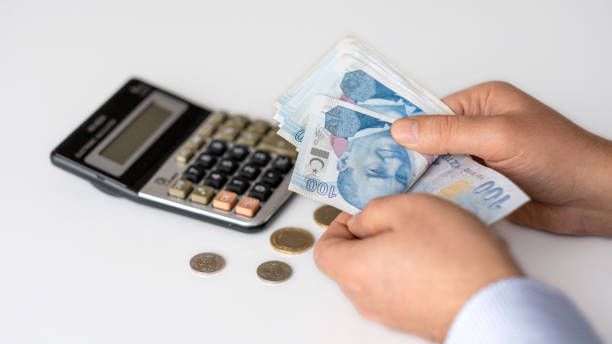The average American household has $7,600 in credit card debt and $20,000 in student loans on top of mortgages and car loans. And that’s just the average! Thankfully, there are many easy ways to manage your money effectively so that you’ll have more to spend on the things you really want (and won’t have to worry about those pesky bills). Here are 10 simple ways to manage your money more effectively in the new year.
1) Set up a budget

Setting up a budget can help you keep track of your spending habits and stay on top of your finances. It doesn’t have to be perfect or complicated, but it will allow you to see where you’re spending money and how much is going out. To start, try estimating your monthly income and subtracting your expenses for things like rent, groceries, utilities, car payment/insurance, etc., then dividing by 12.
2) Get rid of debt
One of the best ways to manage your money more effectively is by paying off any debt you have. For example, if you have a $5,000 loan at 18% APR and make monthly payments of $350, it will take you around 12 years and 10 months to pay off. That’s a long time!
3) Automate your finances

One of the best ways you can save money and simplify your life is by automating your finances. This means setting up automatic deposits, transfers, and payments so that you don’t have to worry about remembering when bills are due or how much money is in your account.
4) Invest in yourself
Spending money on yourself has a positive impact on your mental health. Treating yourself well, whether by indulging in small luxuries or investing in your personal growth, will help you feel better about where you’re at today and where you’re going tomorrow.
5) Invest in a retirement account

It’s not too late to start investing for your future. Retirement accounts can be a great way to build up your nest egg, and they don’t require much effort on your part. If you have a 401(k) at work, make sure you’re contributing enough money each month so that you maximize the company match, which is like getting free money! And if you’re self-employed, consider opening an IRA (individual retirement account) where your contributions are tax-deductible.
6) Invest in a rainy day fund
A rainy day fund is simply a pool of money set aside for emergencies and unforeseen expenses. For example, this could be used if you lose your job, need medical expenses that aren’t covered by insurance, or have an unexpected home repair.
The best way to start building a rainy day fund is by saving a small percentage of your income each month. Then, as time goes on, you can adjust that percentage based on what’s going on in your life.
7) Live below your means

One way to manage your money better is to live below your means. This means not spending more than you make and saving money for when you need it. Living below your means can help you avoid debt, stay out of credit card debt, and save for things that are important to you. Remember, it’s always better to be financially stable than have a lot of debt or spend all of your money. You will also find that living below your means is a great way to maintain a high credit score.
8) Make a financial plan
When it comes to finances, more often than not, we’re our own worst enemy. It’s so easy for things like impulse purchases, expensive meals out and nights on the town with friends to sneak up on us and put a major dent in our bank accounts. To avoid that from happening this year, make a plan!
9) Review your progress

It’s been a little over three months since I started my blog, and I’m happy with my progress. I’ve had four posts published, with one of them being on Medium. My goal for this month is to publish another post on my blog, and to write at least one guest post.
10) Seek professional help
When it comes to managing your money, there is an endless list of things you could do. From simply watching what you spend and saving more, to tracking your spending habits and automating your finances. The key is finding out what works best for you, then seeking professional help if needed.

